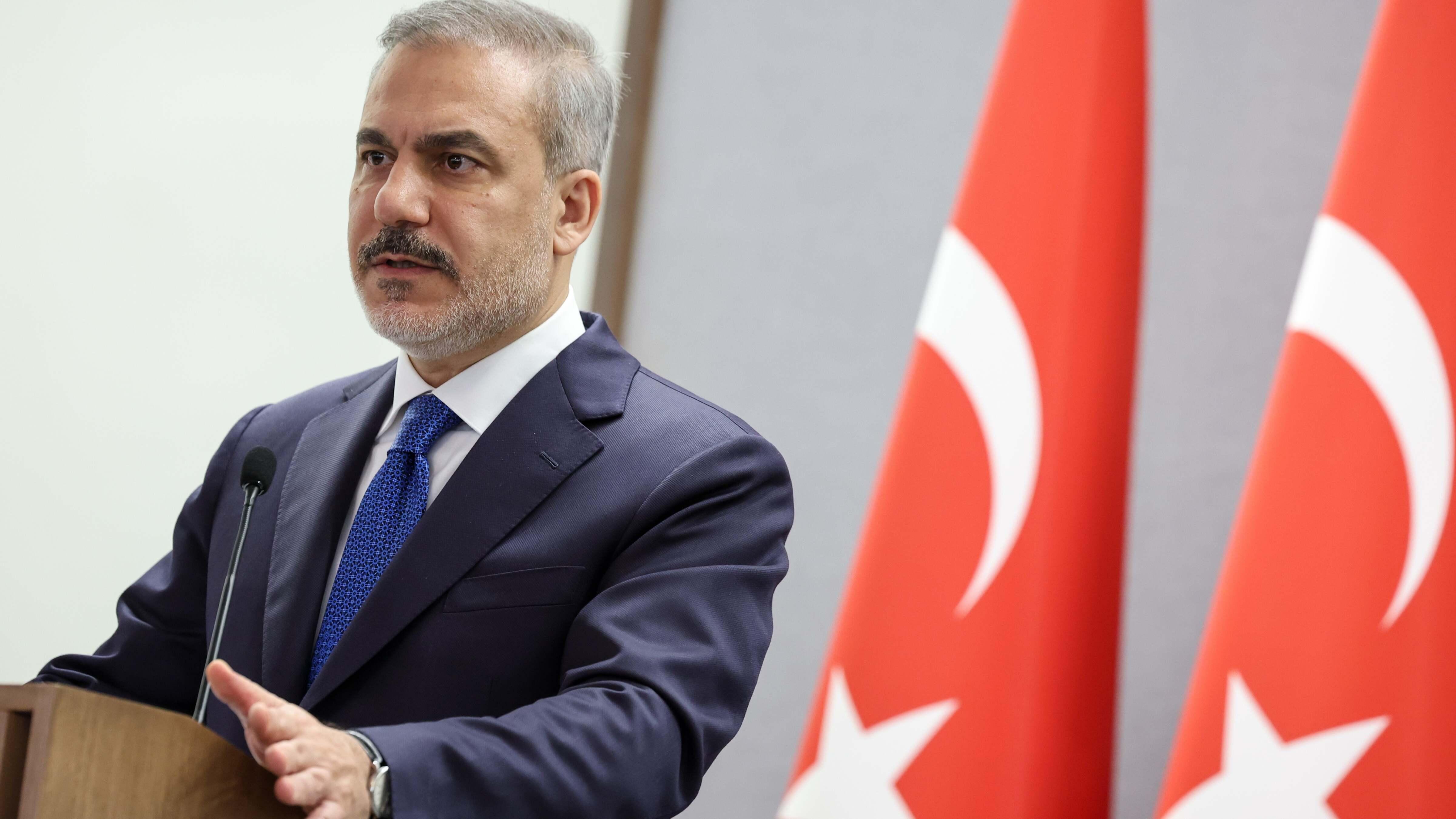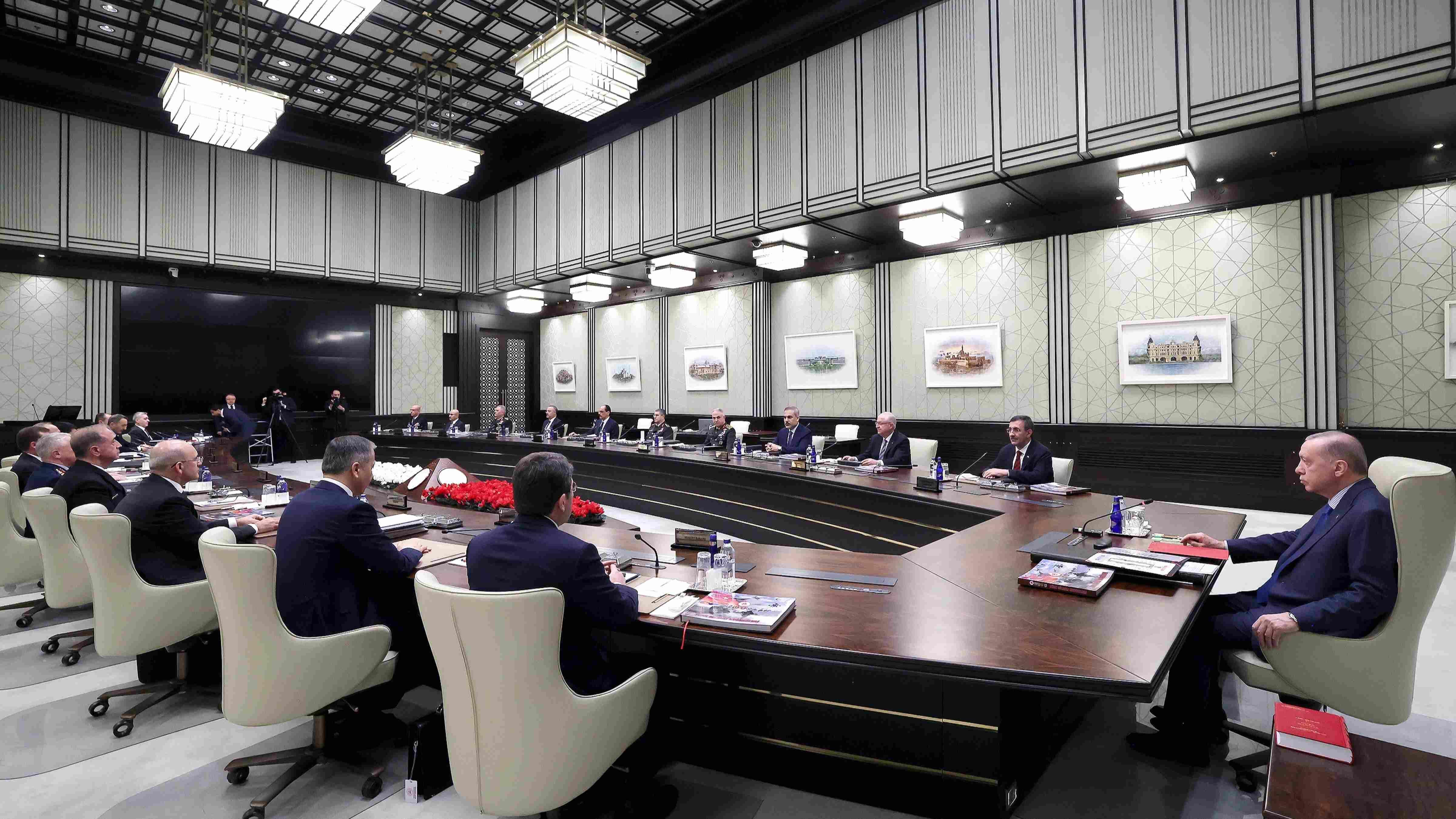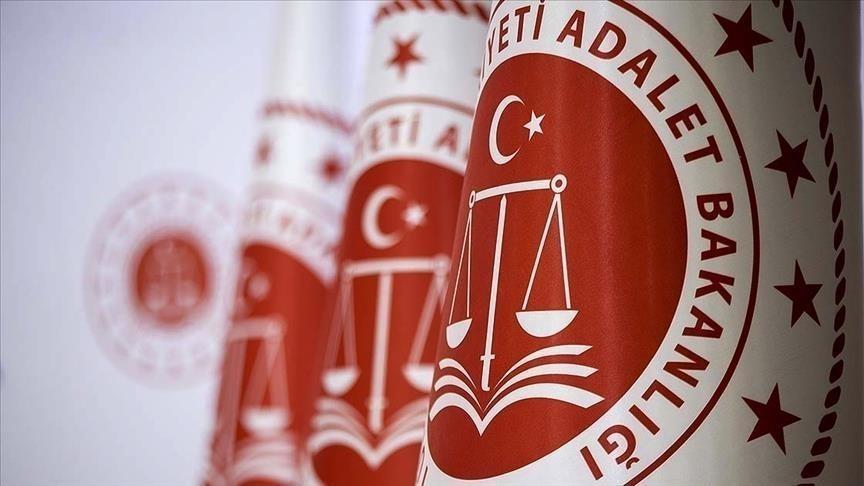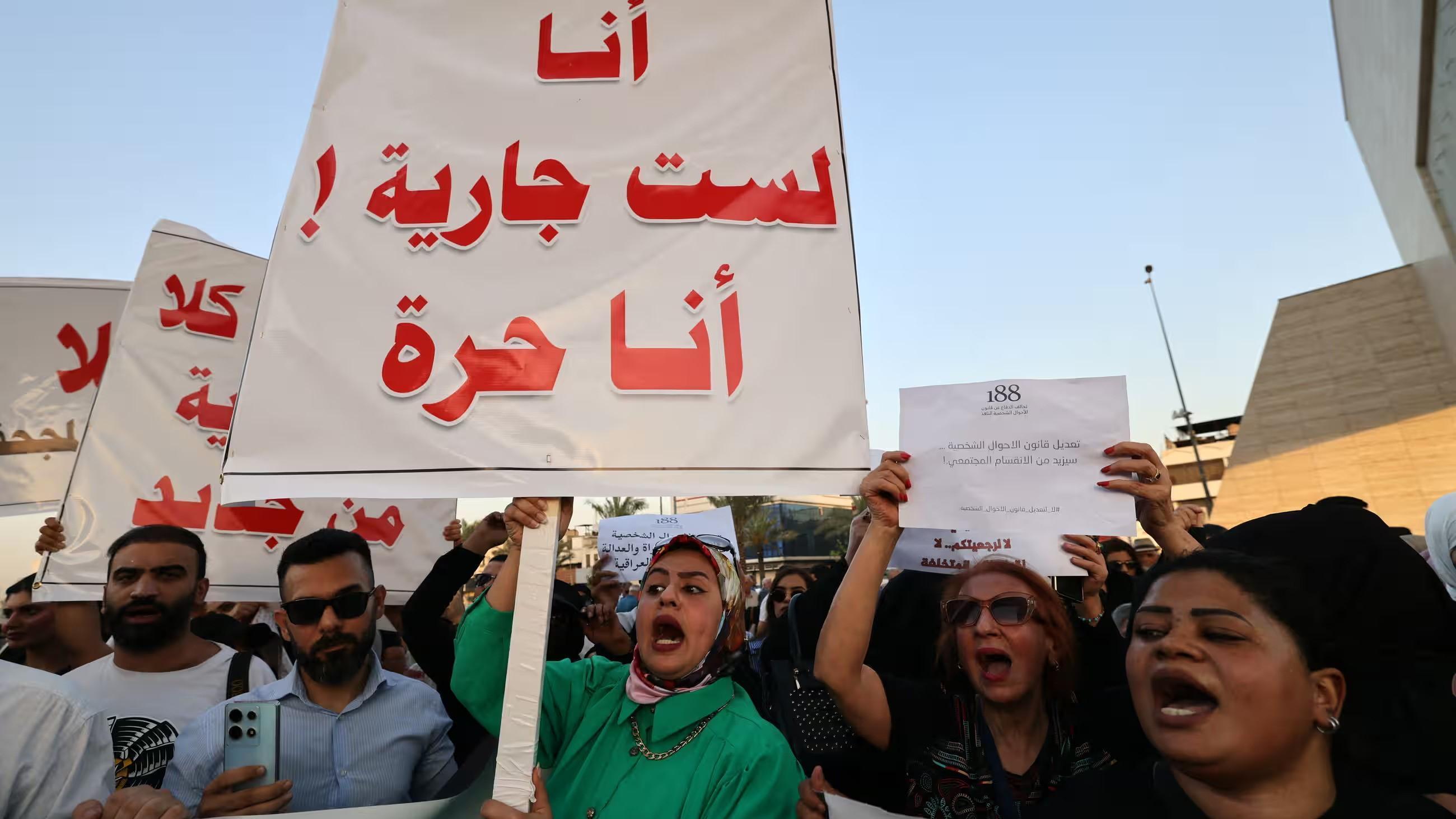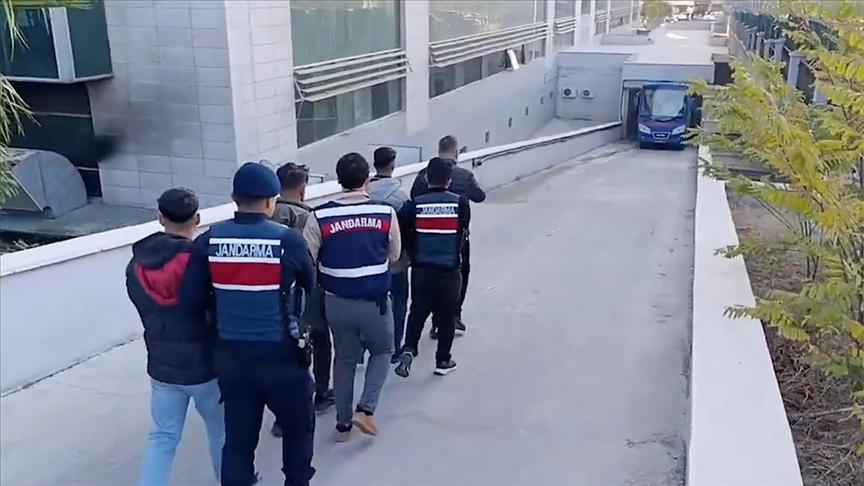Who are they?
The Syrian guests will be given citizenship. It’s not a joke at all, the absolute authority of the country declared it without even wasting a minute to discuss the issue with the pseudo chief executive... After all, why should he consult anyone? Having an army of consultants does not and cannot oblige him to consult them on worldly affairs that he has far better knowledge of than anyone else.
Joke aside, the situation of Turkey’s Syrian “guests” has been an appalling story. They are neither refugees, nor illegal immigrants. They are not tourists either. Who are they? These people did not abandon their towns and villages and travel hundreds or thousands of kilometers to find security and decent living conditions in Turkey and elsewhere. These people were attacked either by their allies, their government or worse their neighbors. Civil war, I would say, but what’s happening in Syria is not just a civil war either. Of course there is a civil war dimension to the tragedy unfolding in those lands that have been the subjects of many love poems, incredible love stories, but the term “civil war” cannot suffice to describe what indeed Syria and millions of Syrians - who were either displaced internally or sought refuge abroad and abandoned their homeland - have been living through for many years.
It must be clear by now for even the most naïve of mankind that even if a miracle resolution could be reached tomorrow in Syria, and with or without the regime of Syrian President Bashar al-Assad the country manages to move forward with an arrangement acceptable for all factions, it probably would take another decade, perhaps more, to be able to talk about some sort of normalcy in Syria. Besides, even if normalcy is restored in Syria, how many of those well over 3 million legal or illegal Syrian “guests” in Turkey or those who managed to reach and were later accorded full refugee status in European countries might consider returning to a devastated homeland, if they still consider it by that date as such?
The former Prime Minister Ahmet Davutoğlu period in Turkey’s governance, or non-governance, will be remembered in the years to come as one that started with a “friends with all neighbors” motto but came to an abrupt end as it became clear to everyone – including the elected all powerful absolute power holder – that the country no longer had any friends and had plunged into a “precious isolation.” Of course Davutoğlu was not alone as such an unfortunate situation was unfolding and when Turkey’s foreign policy was becoming a total failure, yet finding a scapegoat has always been advisable after disastrous failures.
The absolute power holder, the bold, bald, ever angry man, was right. How could he not be? After all, does not even a broken watch show the correct time at least twice a day? He was right in his statement that the Syrian “guests” – of course with a fishnet approach – must be given citizenship rights, as well as voting rights. Perhaps they must be given local voting rights first, even before being given citizenship.
In order to overcome the challenge posed to the Turkish society by the over 3 million refugees Turkey must have considered long ago the ways and means of engaging them and making them an economically active community. The Labor Ministry has been working for some time on a set of measures that would further expand employment opportunities for Syrians in Turkey. These people must be given language courses and they must be made fluent in Turkish as soon as possible. Already several hundred thousand Syrian kids were born in Turkey. This country should embrace these siblings and provide adequate education programs.
The only set of problem here might be how to overcome domestic opposition. After all, if this country has a very high unemployment rate and Syrian “guests” were to be given a certain percentage priority in enrollment for jobs, or if Syrian youth are to be given a quota in university admission while every year some 1 million young Turks have been compelled to forgo university dreams, or if the ethnic and religious demography of some areas of the country would be seriously altered if mostly Arab and Sunni Syrians were made citizens, encouraged to settle in, for example, predominantly Kurdish or Alevi localities, would not there be some serious tensions?
Still, Turkey must take some courageous moves in the need to engage economically and achieve integration. This is a problem that no magic wand could solve easily. But trying to answer who the Syrians are will be a step in the right direction.



